Leon Trotsky
The Third International
After Lenin
The Draft Program of the Communist International:
A Criticism of Fundamentals
(1928)
Written: 1928.
First Published: In English in 1929, The Militant.
Source: 1929, NewYork.
Translated: 1st version unknown translator in Russia, US edition, MaxShachtman.
Transcription/HTML Markup: Sally Ryan, 1997, subsequent HTML updating byDavid Walters, 2003.
Copyleft: Leon Trotsky Internet Archive (www.marxists.org) 2002, 2003.Permission is granted to copy and/or distribute this document under the terms of the GNU Free Documentation License.
Converted to eBook format: Kollektiv Yakov Perelman, from the on-line version of The Third International After Lenin available at Trotsky Internet Archive in September2013. Cover provided by Cm Nikas.
Leon Trotsky wrote the two documents that comprise The ThirdInternational After Lenin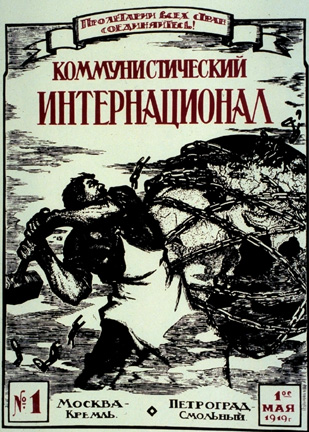 in 1928, while involuntarilyexiled in Alma Ata. The documents were meant to be used for discussion at the Sixth World Congressof the Communist International. Trotskys work a sharp criticism against the opposingprogram supporting socialism in one country was never distributed to ordiscussed by the main body at the Congress. The parts of it made available to a committee, but thenrecalled, were smuggled out of the country by James Cannon, a delegate and founding member of theCommunist Party in the United States. in 1928, while involuntarilyexiled in Alma Ata. The documents were meant to be used for discussion at the Sixth World Congressof the Communist International. Trotskys work a sharp criticism against the opposingprogram supporting socialism in one country was never distributed to ordiscussed by the main body at the Congress. The parts of it made available to a committee, but thenrecalled, were smuggled out of the country by James Cannon, a delegate and founding member of theCommunist Party in the United States. Cannon subsequently expelled from the CP and his supporters formed aTrotskyist organization Communist League and first published his smuggled sections in theirnewspaper, The Militant. Shortly thereafter, it was published in book form. In theintroduction to the first edition, (1929) Cannon wrote, The publication of this masterpieceof Bolshevik literature, written by the foremost living leader of world communism at the height ofhis powers, is a revolutionary event of great importance . The on-line version of The Third International After Lenin The Draft Program of the Communist International: A Criticism of Fundamentals andTrotskys letter What Now has been divided into fourteen sections ofapproximately equal length. |
Contents
I. The Program of the International Revolution or a Program of Socialism in OneCountry?
1.
2.
3.
4.
5.
6.
7.
8.
9.
10.
II. Strategy and Tactics in the Imperialist Epoch
1.
2.
3.
4.
5.
6.
7.
8.
9.
10.
11.
12.
III. Summary and Perspectives of the Chinese Revolution:
Its Lessons for the Countries of the Orient and for the Whole of the Comintern
1.
2.
3.
4.
5.
6.
7.
8.
IV. What Now?
1.
2.
3.
4.
5.
6.
7.
8.
9.
The Third International After Lenin
I. The Program of the International Revolution or a Program of Socialism in One Country? (Part1)
THE DRAFT PROGRAM, that is, the fundamental documentwhich is to determine the entire activity of the Comintern for many years to come, was publishedonly a few weeks prior to the convocation of the Congress that is being held four years after theFifth Congress. This tardiness in publication cannot be justified by reference to the fact that thefirst draft had been published even prior to the Fifth Congress, because several years have sinceelapsed. The second draft differs from the first in its entire structure and it endeavors to sum upthe developments of the last few years. Nothing could be more rash and precipitate than to adoptthis draft at the Sixth Congress, a draft which bears obvious traces of hasty, even slipshod work,without any preliminary serious and scientific criticism in the press or an extensive discussion inall parties of the Comintern [Communist International].
During the few days at our disposal between the receipt of the draft and the dispatch of thisletter, we could dwell only upon a few of the most vital problems which must be treated in theprogram.
Due to lack of time, we have been compelled to leave entirely without consideration a number ofthe most important problems touched upon in the draft which are perhaps less burning today butwhich may become of exceptional importance tomorrow. This does not at all imply that it is lessnecessary to criticize them than those sections of the draft to which the present work isdevoted.
We must also add that we are compelled to work on the new draft under conditions which make itimpossible to obtain indispensable information. Enough to mention the fact that we were unable toprocure even the first draft of the program, and in dealing with it, as well as in two or threeother cases, we have had to rely upon our memory. It goes without saying that all quotations havebeen taken from the original sources and checked carefully.
THE MOST important question on the agenda of the Sixth Congress is the adoption of aprogram. The nature of the latter may for a long time determine and fix the physiognomy of theInternational. The importance of a program does not lie so much in the manner in which itformulates general theoretical conceptions (in the last analysis, this boils down to a question ofcodification, i.e., a concise exposition of the truths and generalizations which havebeen firmly and decisively acquired); it is to a much greater degree a question of drawing up thebalance of the world economic and political experiences of the last period, particularly of therevolutionary struggles of the last five years so rich in events and mistakes. For the nextfew years, the fate of the Communist International in the literal sense of the word depends upon the manner in which these events, mistakes, and controversies are interpreted andjudged in the program.
1. The General Structure of the Program
In our epoch, which is the epoch of imperialism, i.e., of world economy andworld politics under the hegemony of finance capital, not a single communist party canestablish its program by proceeding solely or mainly from conditions and tendencies of developmentsin its own country. This also holds entirely for the party that wields the state power within theboundaries of the USSR. On August 4, 1914, the death knell sounded for national programs for alltime. The revolutionary party of the proletariat can base itself only upon an international programcorresponding to the character of the present epoch, the epoch of the highest development andcollapse of capitalism. An international communist program is in no case the sum total of nationalprograms or an amalgam of their common features. The international program must proceed directlyfrom an analysis of the conditions and tendencies of world economy and of the world politicalsystem taken as a whole in all its connections and contradictions, that is, with the mutuallyantagonistic interdependence of its separate parts. In the present epoch, to a much larger extentthan in the past, the national orientation of the proletariat must and can flow only from a worldorientation and not vice versa. Herein lies the basic and primary difference betweencommunist internationalism and all varieties of national socialism.
Basing ourselves upon these considerations, we wrote in January of this year: We mustbegin work to draft a program of the Comintern (Bukharins program is a bad program of anational section of the Comintern and not a program of a world communist party).

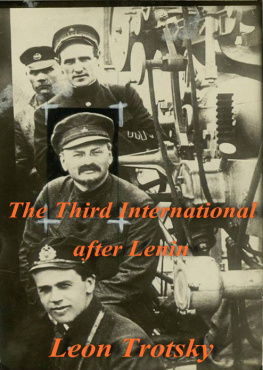
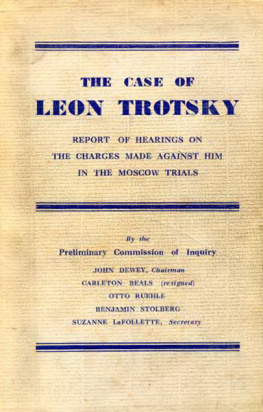
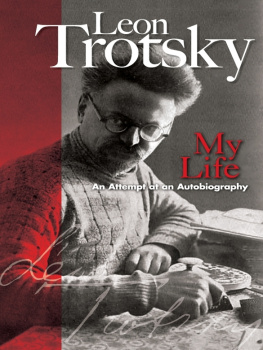

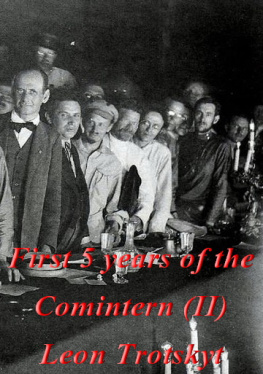
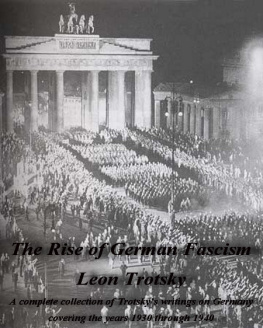
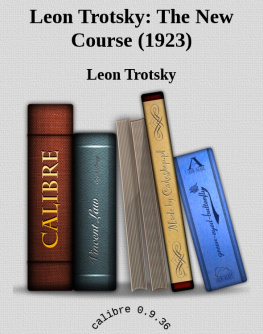
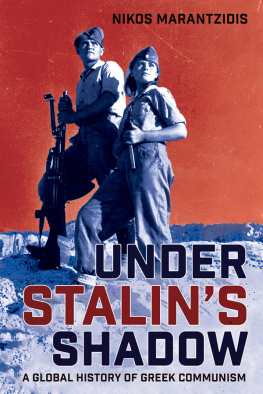
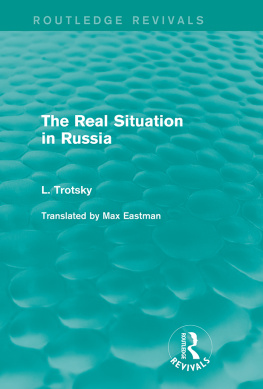
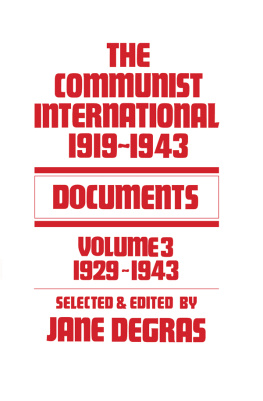

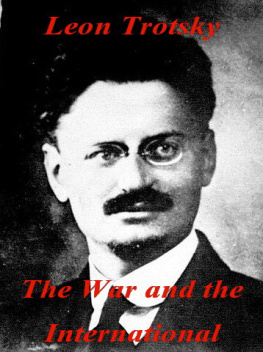

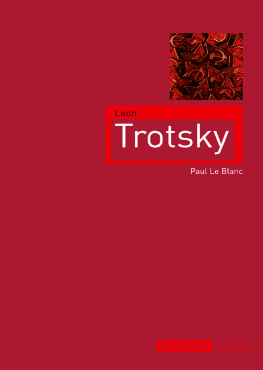
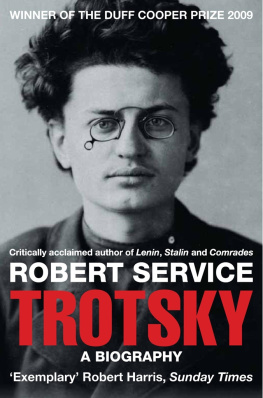
 in 1928, while involuntarilyexiled in Alma Ata. The documents were meant to be used for discussion at the Sixth World Congressof the Communist International. Trotskys work a sharp criticism against the opposingprogram supporting socialism in one country was never distributed to ordiscussed by the main body at the Congress. The parts of it made available to a committee, but thenrecalled, were smuggled out of the country by James Cannon, a delegate and founding member of theCommunist Party in the United States.
in 1928, while involuntarilyexiled in Alma Ata. The documents were meant to be used for discussion at the Sixth World Congressof the Communist International. Trotskys work a sharp criticism against the opposingprogram supporting socialism in one country was never distributed to ordiscussed by the main body at the Congress. The parts of it made available to a committee, but thenrecalled, were smuggled out of the country by James Cannon, a delegate and founding member of theCommunist Party in the United States.